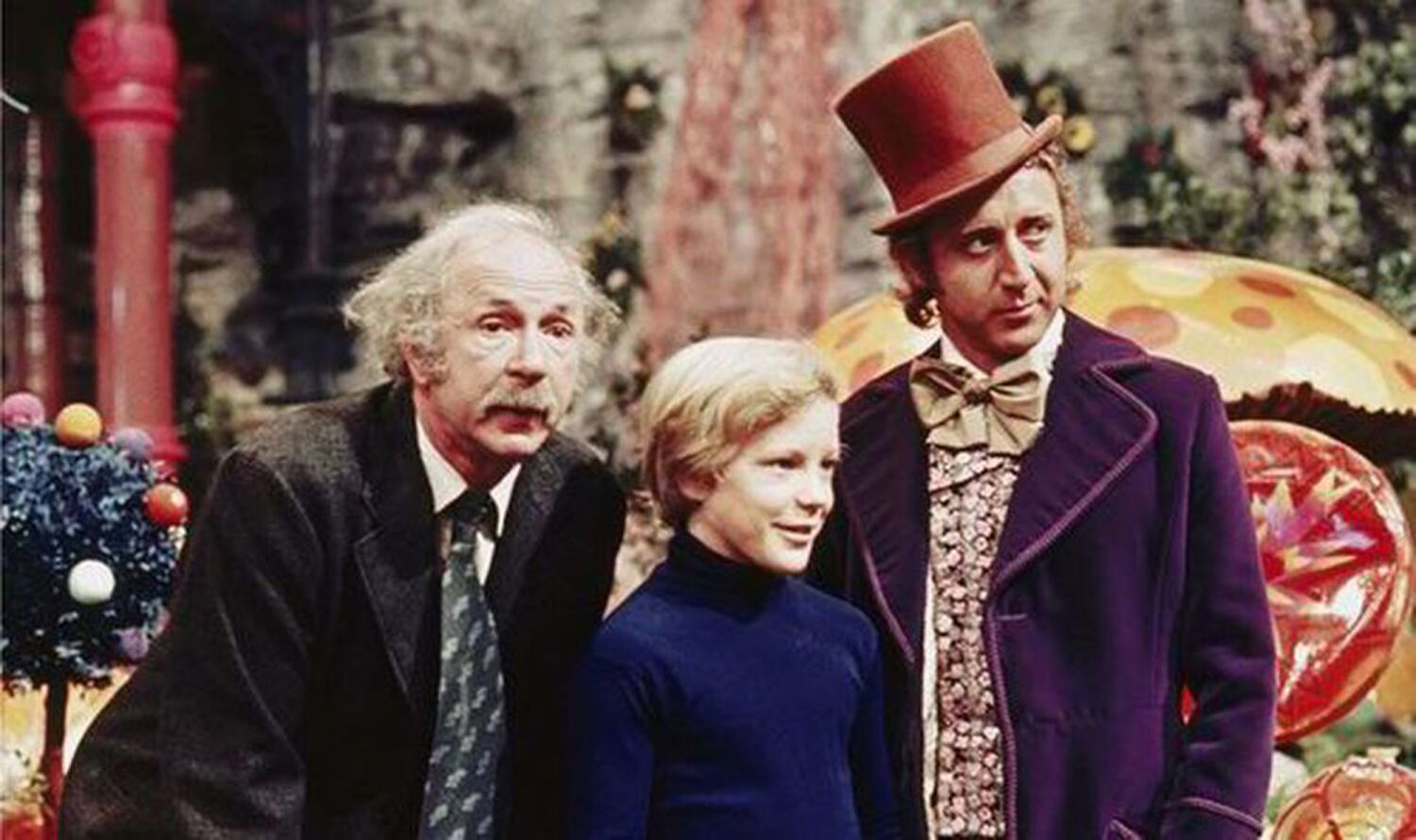Roald Dahl’s books have been edited to stop calling people fat so much
New editions of classic 20th century children’s books by British author Roald Dahl — such as “Charlie and the Chocolate Factory,” “James and the Giant Peach,” “Matilda,” “The Witches” and “Fantastic Mr. Fox” — have been edited and rewritten to remove language seen as offensive or potentially insensitive to modern-day sensibilities.
After comparing new editions published by Puffin to previous versions of Dahl’s classics, the British newspaper The Telegraph found that the new versions removed or rewrote passages describing characters as “fat,” “crazy,” “ugly,” and “black.”
Some references to ethnicities have been removed or adjusted — “Eskimos” are now described as Inuit — and gender-neutral terms like “children” and “parents” have replaced some references to “boys and girls” and “mothers and fathers.”
The Telegraph cited before-and-after examples, including from “Charlie and the Chocolate Factory.” An older edition of the book described one character like this: “The man behind the counter looked fat and well-fed. He had big lips and fat cheeks and a very fat neck.” In the newest edition, these sentences were removed entirely.
Other sentences referencing fatness were also removed, such as “The fat around his neck bulged out all around the top of his collar like a rubber ring”; “Who’s the big fat boy?”; and “Enormous, isn’t he?”
Many edits are more subtle: “The fat shopkeeper shouted” became “the shopkeeper shouted,” and “the fat shopkeeper said” became “the shopkeeper said.”
Some Twitter users attacked the latest updates to Dahl’s books as “woke” and pointless. “The thing that annoys me about the Roald Dahl changes is how stupid they are,” tweeted Daily Telegraph arts and entertainment editor Anita Singh. “A ban on the word ‘fat’ yet keeping in the rest of the description in which Augustus Gloop is clearly fat.”
Dahl, one of the most popular children’s authors of the 20th century, died in 1990 at the age of 74, and in 2021, the streaming service Netflix acquired the Roald Dahl Story Co., which manages the rights to the author’s characters and stories, and which had already begun reviewing Dahl’s work alongside Puffin before the Netflix sale. Dahl’s books have sold more than 300 million copies worldwide, with translations in 63 languages.
“We want to ensure that Roald Dahl’s wonderful stories and characters continue to be enjoyed by all children today,” the Roald Dahl Story Co. said in a statement. “When publishing new print runs of books written years ago, it’s not unusual to review the language used alongside updating other details including a book’s cover and page layout. Our guiding principle throughout has been to maintain the storylines, characters, and the irreverence and sharp-edged spirit of the original text. Any changes made have been small and carefully considered.”
Roald Dahl Story Co. spokesman Rick Behari added in an email that “the overall changes are small both in terms of actual edits which have been made and also in terms of the overall percentage of texts which has been changed.”
Dahl’s work, like his life, has its unsettling moments and has long been subject to update, revision and apology by other creatives laboring to bring his art to mass audiences.
In the first edition of “Charlie and the Chocolate Factory,” published in 1964, the Oompa-Loompas helping Willy Wonka were originally described as African Pygmy people whom Wonka had “smuggled” out of Africa in crates to live and work in his factory. Facing pressure from Black actors and groups such as the NAACP after America’s Civil Rights era, the 1971 film made the Oompa-Loompas orange-skinned with green hair. In a 1973 revision of the book, Dahl recast the Oompa-Loompas as white and fantastical instead of Black and African.
In 2020, the actor Anne Hathaway apologized for her depiction of Grand High Witch in Robert Zemeckis’ adaptation of “The Witches” in which the character had three fingers, angering disability advocates over a negative portrayal of limb differences. The same year, Dahl’s family apologized for his history of making antisemitic remarks.
For all the latest Entertainment News Click Here
For the latest news and updates, follow us on Google News.

